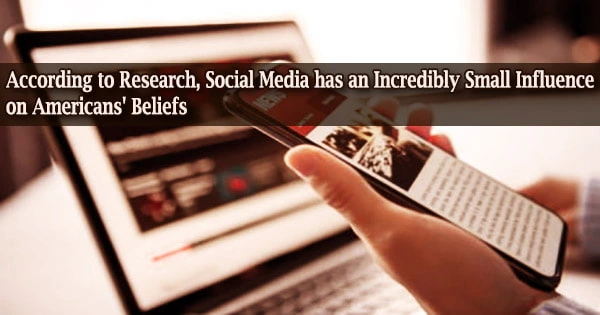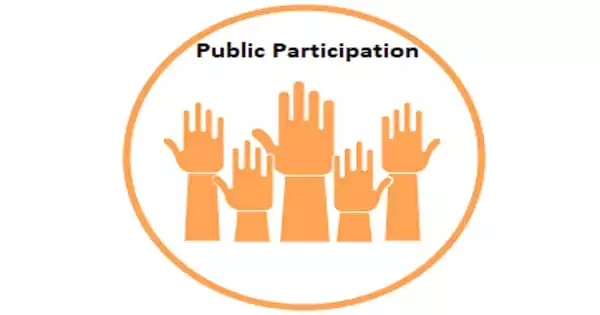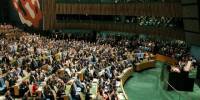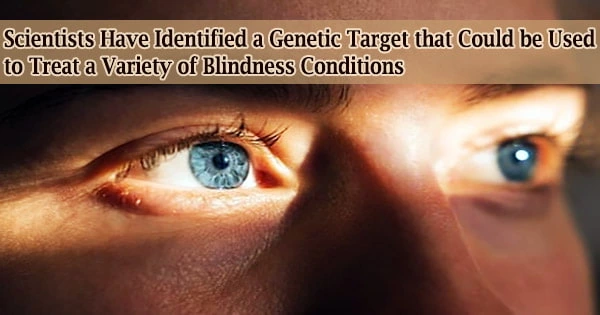According to two recent national studies, social media had a negligible impact on how much individuals in the last two presidential elections accepted untruths about politicians and subjects.
And Facebook, which received criticism for disseminating false information during the 2016 election, actually helped people perceive the election more accurately than those who solely used other social media.
According to R. Kelly Garrett, the study’s author and professor of communication at The Ohio State University, the findings point to the need to put the risks associated with social media’s ability to propagate false information into context.
“Given the amount of attention given to the issue, it may seem surprising that social media doesn’t have a larger impact on Americans’ belief in falsehoods,” Garrett said. “It is an issue that we should be concerned about, but it is not the main driver of why so many people believe false information about issues and candidates.”
The study was published today (March 27, 2019) in the journal PLOS ONE.
Prior research by Garrett revealed indications that, in the 2008 election, which took place before social media became as prevalent as it is today, email may have had a role in the dissemination of misleading information. Garrett intentionally created these research to evaluate how social media influenced Americans’ opinions during the previous two presidential elections.
Political news consumption on social media has dramatically expanded. According to the Pew Research Center, roughly two out of every five Americans reported using social media for political purposes in 2012.
This recent study discovered that, in 2016, more Americans cited Facebook as their primary source for political news leading up to elections than any other website, including those of major news organizations.
“This study began long before ‘fake news’ became as popular a topic as it is today. But the questions that drive this study are very much in keeping with our concerns about how disinformation is spread online,” Garrett said.
More than 600 Americans participated in three online polls throughout the 2012 and 2016 election cycles, providing information on their usage of social media and their acceptance of proven falsehoods at each stage.
Given the amount of attention given to the issue, it may seem surprising that social media doesn’t have a larger impact on Americans’ belief in falsehoods. It is an issue that we should be concerned about, but it is not the main driver of why so many people believe false information about issues and candidates.
R. Kelly Garrett
Misperceptions of the two presidential contenders, Barack Obama and Mitt Romney, were examined in the 2012 study. Eight untruths, such as “Barack Obama is Muslim, not Christian” and “Mitt Romney signed a health care plan enabling taxpayer-funded abortions,” were scored by participants on a five-point scale of how much they were agreed with them.
In general, Republicans tended to have less accurate opinions of President Obama than did Democrats, while Democrats had more correct opinions of Governor Romney.
The findings indicated that, although the effect was modest, participants’ belief accuracy on Obama falsehoods decreased as their use of social media increased.
In the worst-case scenario, someone who uses social media to gather political information may, on a five-point scale, have an accuracy score on Obama falsehoods that is almost 0.5 points lower than someone who does not use social media at all.
The usage of social media did not affect belief in the Romney lies, according to Garrett. The rumors about Romney being far less well-known than those concerning Obama could be a significant factor.
The 2016 study concentrated on four election-related myths. The myths that were investigated included the following: the Affordable Care Act’s repeal would lower the national debt; the majority of Muslims support violence against Western nations, including the U.S.; immigrants are more likely to commit violent crimes than native-born Americans; and human activity has no bearing on the earth’s climate.
Garrett narrowed his list of potential topics to four after reviewing more than a dozen, citing their prominence in the media and on the campaign trail as well as evidence that Americans occasionally misunderstood them.
“Results showed that, overall, Republicans beliefs tended to be less accurate than those of Democrats, which made sense because the falsehoods were a prominent part of the Republican campaign strategy,” Garrett said.
Participants with higher levels of education held more accurate beliefs.
In contrast to 2012, participants in the survey in 2016 were questioned about the social media sites they used throughout each of the three waves.
Facebook, YouTube, and Twitter were the three most used social media sites by research participants for news consumption.
Overall, social media use was not related to participants’ belief accuracy on the four issues.
However, Facebook users saw a distinct impact from social media than those who only used other platforms. The average accuracy difference between Facebook users and non-users among the most frequent social media users was around a half point.
“It is not a huge difference, but it does call into question the conventional wisdom that Facebook had an especially harmful influence on campaign issue beliefs,” Garrett said.
He claimed that while the tiny effects discovered in this study don’t imply we should dismiss the issue of fake news circulated on social media, we should reconsider its contribution to Americans’ acceptance of untruths.
“We have evidence that foreign powers have tried to sway American elections by sharing falsehoods on social media and that is profoundly troubling. If it has an effect, even a small one, we should be deeply concerned,” he said.
“But we need to have a broader perspective on the problem. We know that Americans hold beliefs that are not accurate, with frightening regularity. And if social media aren’t the primary driver of this, we really should invest more energy into finding out what else is going on.”
















